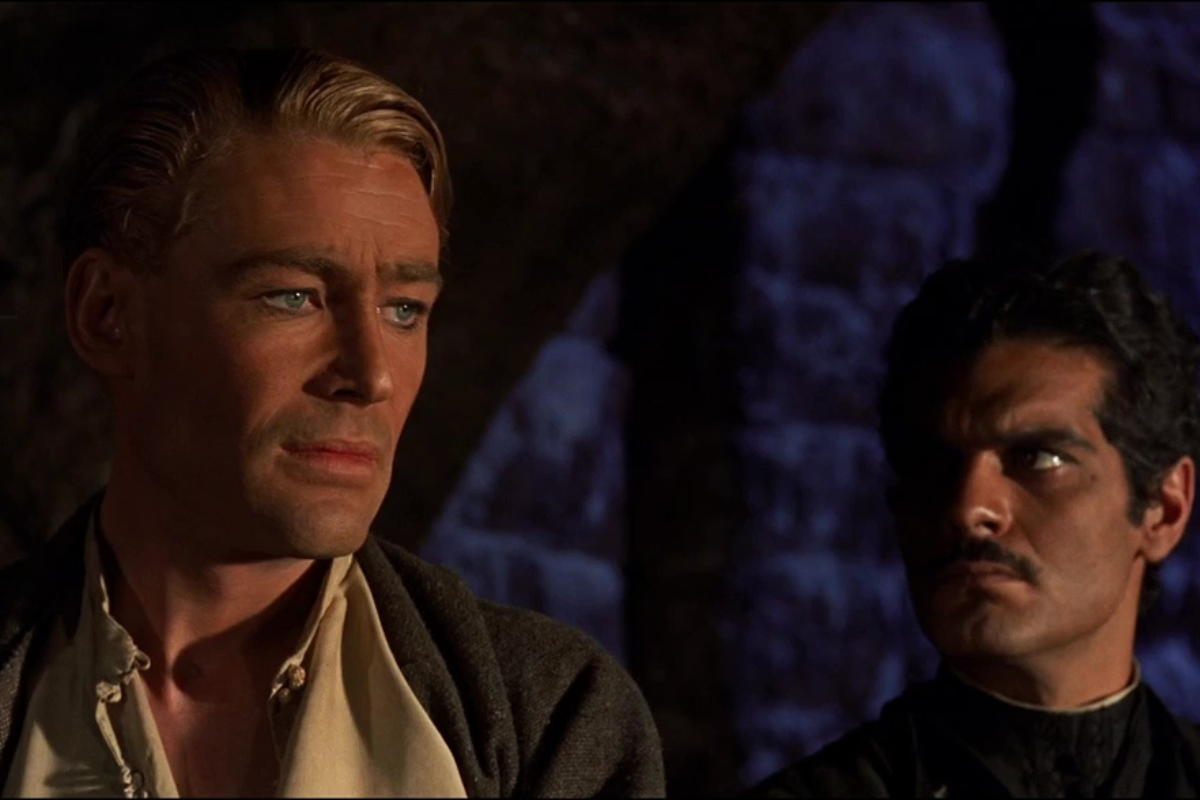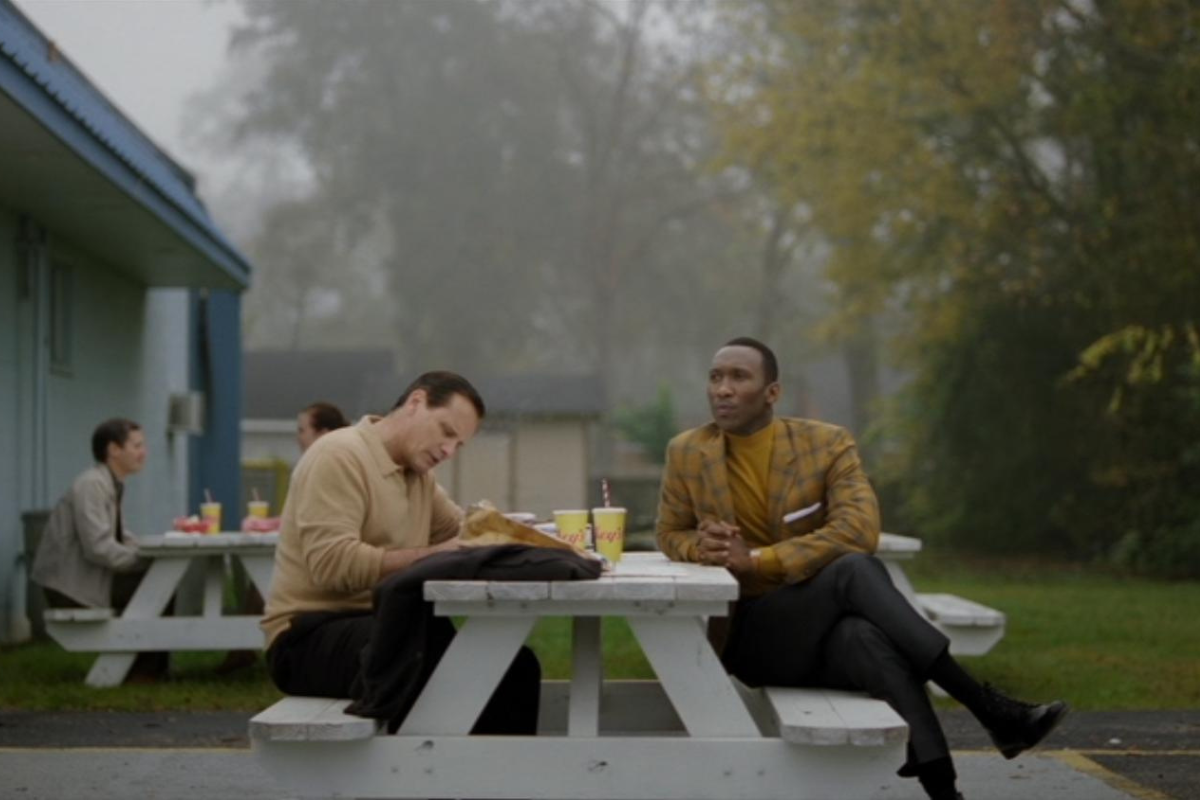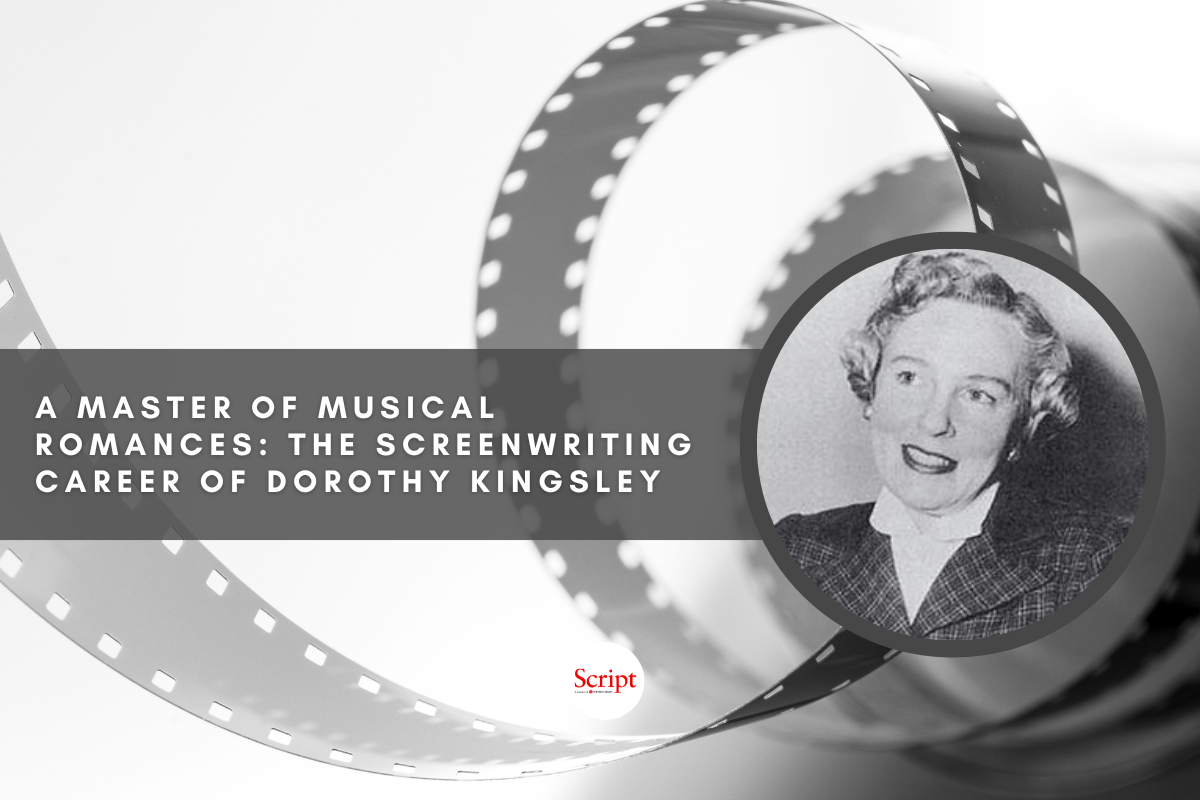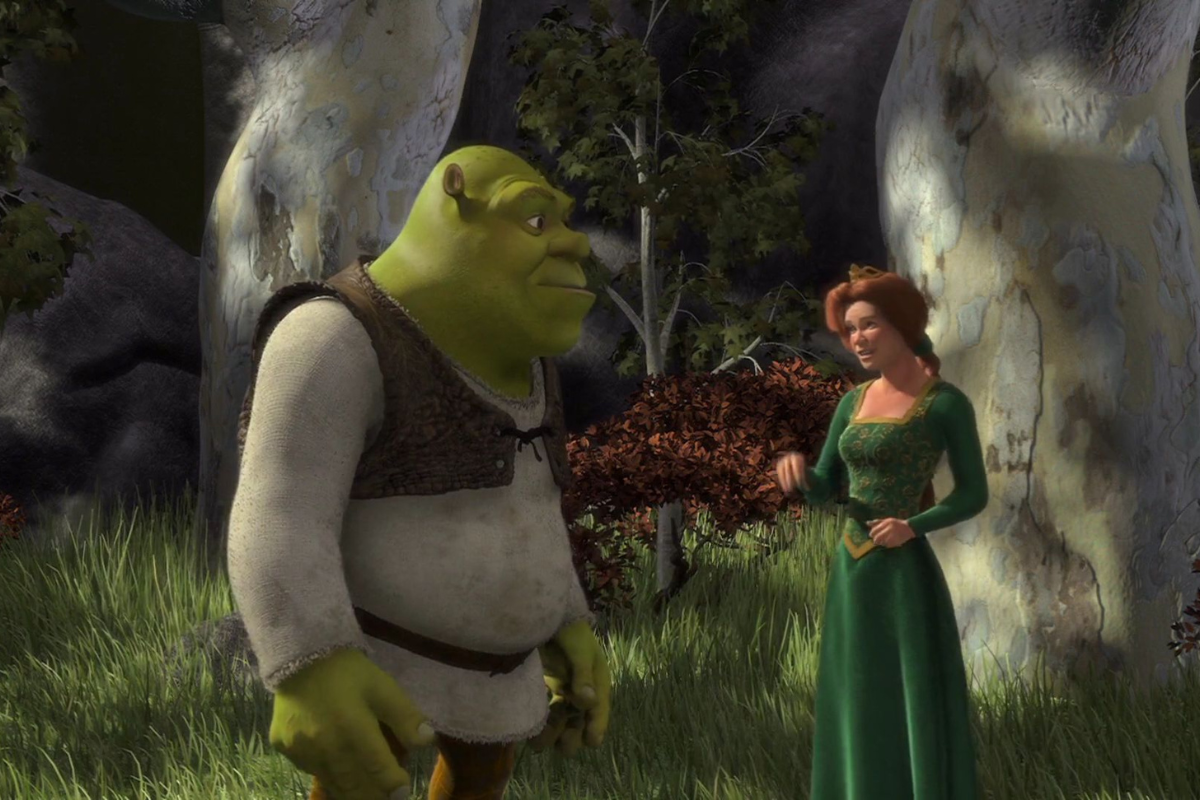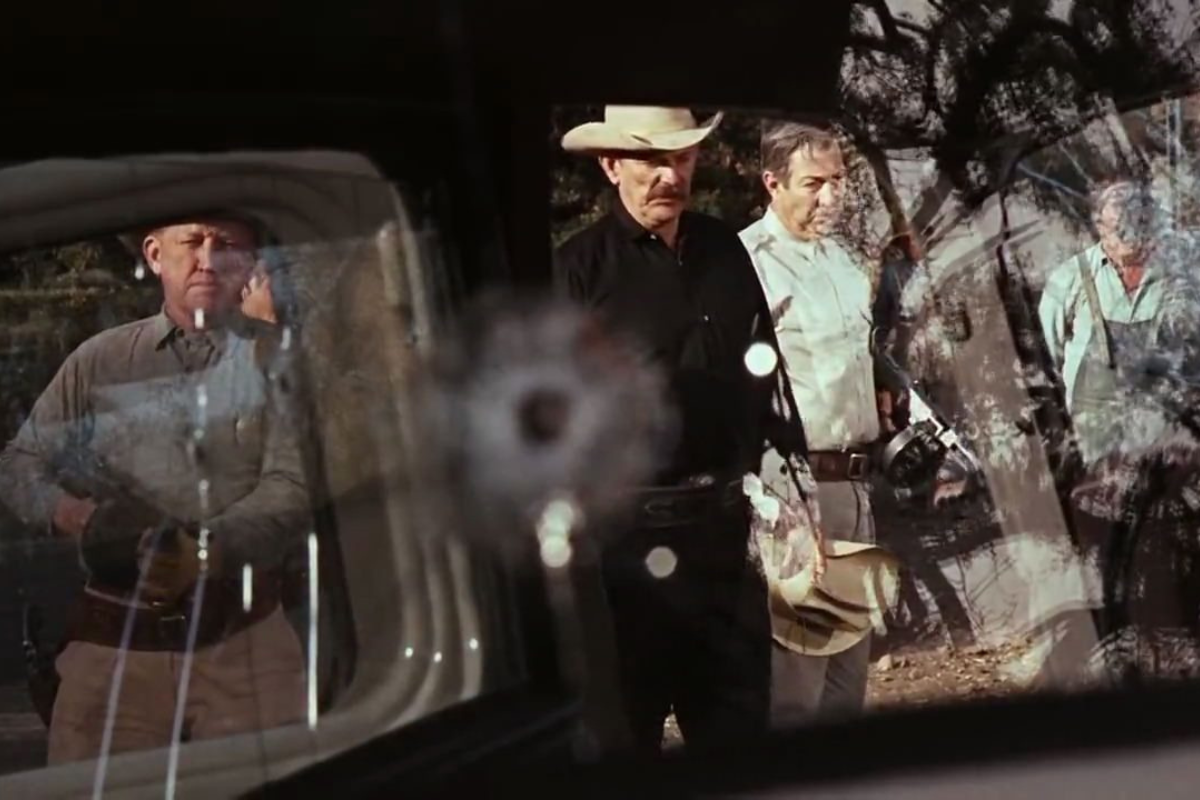From Missouri to Musicals: The Screenwriting Career of Dorothy Yost
Thriving in both Silent Films and into the Sound Era, Dr. Rosanne Welch celebrates the female screenwriters who came before us with this month’s spotlight on screenwriter Dorothy Yost.
Born on April 25, 1899 in St. Louis, Missouri to Alice Kern and Robert M. Yost, Dorothy moved to Los Angeles to work in the burgeoning film industry and clearly succeeded in that goal. By the time she died in 1967 Yost had written over 80 films and achieved what many other writers did not – thriving in both Silent Films and into the Sound Era. Interestingly, it was her foray into film that brought her journalist brother Robert Yost into the film industry after she found her footing there. Her first screenwriting credit came in 1920, his in 1935 after some years on the staff of local newspapers, as publicity director for Fox West Coast Studios and finally head of the scenario department for Fox.
Dorothy Yost began her career as a secretary to her father, editor-in-chief of two newspapers in Santa Barbara, California. That gave her the experience to move to Los Angeles and apply to the Triangle Film Corporation, founded by a trio of early producer-directors: D. W. Griffith, Thomas Ince and Mack Sennett in 1917. Within six months she became head of the reading department though the company was undergoing major changes that saw two of the principles leave and then it was acquired by Goldwyn Pictures.
Yost earned 3 scenario credits in 1920, first a tale of love and betrayal: Flames of the Flesh, co-written with Clara Beranger for the Fox Film Corporation. Next came Smoldering Embers co-written with Kate Corbaley who would later become more famous as head of the MGM script department where Louis B. Mayer relied on her judgement to greenlight his films. Her final credit that year came from adapting the 1906 novel For the Soul of Rafael by Marah Ellis Ryan with the uncredited contribution of Lenore Coffee. Yost kept much of the novel’s themes of racial difference, star crossed lovers, family duty, and self-sacrifice and they became themes of much of Yost’s later work.
Yost wrote or co-wrote between four and six films across the 1920s and early 1930s.
In 1927 she adapted her original animal story The Untamed Heart into a vehicle for Hollywood’s favorite dog star Rin-Tin-Tin as Hills of Kentucky. That lead Wings of the Storm (1926), starring Thunder the police dog; and Fangs of the Wild (1928). For Fangs Yost co-wrote the story with Dwight Cummins, whom she married in 1927.
In 1934 she landed the job of co-writing/adapting the Broadway musicalGay Divorce by Dwight Taylor into the film The Gay Divorcee. The film became famous for several reasons. First, it paired Ginger Rogers and Fred Astaire for the first time as leads since the two had had fifth-billing in Flying Down to Rio the year before. Divorcee also caused some concern about allowing a woman to enjoy having broken the bonds of marriage. In the end the film earned 4 Academy Award nominations (one for Best Film) in 1935 and the song "The Continental" won the award for Best Music, Original Song.
This lead to Yost contributing to four more Rogers/Astaire movie musicals: Roberta (1935), Swing Time (1936), and The Story of Vernon and Irene Castle (1939). In the midst of all this Yost published a novel, Prodigal Lover in 1937 and after the dancing spectacles she returned to other genres such as westerns such as Sporting Blood (1940). In 1941, Yost made an uncredited contribution to the high class drama Blossoms in the Dust, written by Anita Loos. Starring Greer Garson and Walter Pidgeon, Blossoms told the story of activist Edna Gladney who advocated for children’s rights and to end the stigma of illegitimacy. It earned 4 Oscar nominations, including Best Picture, and won for Best Art Direction.
Yost averaged about one movie a year for the next decade, several co-written with her husband as they often worked together on several other pictures and remained married until Dorothy’s death in 1967.
If you’d like to learn more about the history of women of women in screenwriting, and about the craft of screenwriting while earning your MFA from your own home, our low residency Stephens College MFA in TV and Screenwriting is currently accepting applications: https://stephens.edu/program/master-of-fine-arts-in-tv-screenwriting/
Dr. Rosanne Welch, Executive Director of the Stephens College MFA in TV and Screenwriting, has television credits including Beverly Hills 90210, Picket Fences, ABC News/Nightline and Touched by an Angel. Her award-winning publications include When Women Wrote Hollywood and Women in American History (on the ALA list of 2017’s Best Historical Materials). Welch is Book Reviews editor for Journal of Screenwriting; on the Editorial Boards of Written By magazine and California History Journal and gave a 2016 TEDxCPP talk: “The Importance of Having a Female Voice in the Room”.
Find Dr. Rosanne Welch online: Instagram @drrosannewelch | YouTube DrRosanneWelch | Stephens College MFA Twitter @mfascreenwriter


